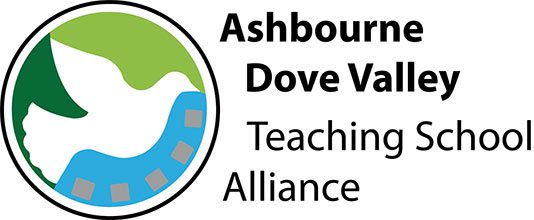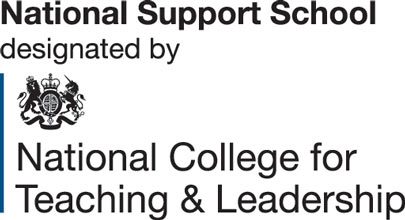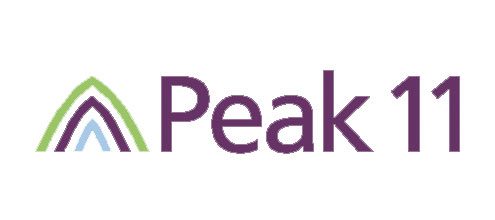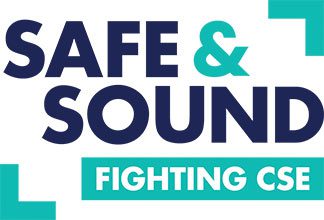Confidence
Being confident in maths helps to develop skills in other subjects as well. A large part of this confidence comes from a having a level of fluency, especially in times tables. If the times tables are fluent then it enables your brain to have more working memory to be able to complete the next step of the problem that you are trying to solve.
Simple times tables activities can be used to improve this fluency, such as TimesTable Rockstars or the times table questions from Complete Maths – click here.
How to help your child with their maths
Be positive about maths.
Don’t say things like “I can’t do maths” or if you are a parent don’t say “I hated maths at school”; your child might start to think like that themselves.
Look at the maths in everyday life.
Maths is all around us, so look for the maths that you use if you are shopping, cooking, decorating or taking part in sports and hobbies.
Parental involvement has a large and positive impact on children’s learning. (Review of Best Practice in Parental Engagement, Department of Education 2010) So, if you are a parent, help your child with their maths and get involved with what they are doing. Even if it something that you are not confident with yourself, try to learn the subject together and then test each other. If you can explain a concept correctly to someone else, then it enhances your own understanding.
There are loads of free resources on the internet to help with maths. This website hopes to direct you to the ones that are the most useful and are free!
- If your child has a mobile phone, use it to talk about maths and money saving. Look together for the best plans; Does their network sell any extras that would make texts or calls cheaper? Is it cheaper to text or use Skype, Snapchat or WhatsApp?
- At the shops. When buying a couple of items, ask them to work out how much they will cost together. As a challenge for older children, ask them to estimate what the weekly shop will come to.
- Pocket money. Use this as an opportunity to talk about maths – are they saving for anything? How much do they need to save each week to buy it?
- Work out offers in supermarkets together. Ask them to work out which are the best deals.
- Traveling. Ask your child to help you work out whether it’s cheaper to drive or take public transport. Are there any deals you can get on public transport?
- Talk to them about getting a bank account. Look together at what’s on offer for young people opening their first account and see which is the best deal.
- Ask your child to check your change.
- Directions. When travelling somewhere familiar, ask your child to give you directions and timings, then test their directions out. If they get something wrong, ask them to think of the best way to get back to where you want to go.
- Look for patterns and symmetry when out and about.
- Sport. Sports are the perfect chance to think about speed, scores, time and angles. Get competitive; try out different angles to score from, ask them how many star jumps can they do in a minute?
- Explore the local area. Ask them to guess how many people live in your town, how far is the nearest airport is etc. Ask for the reasons behind their answer and check the answers online.
- Estimation. For example, ask them to think about how they can estimate how many bricks were used to build a local landmark.
- Hobbies. Ask them to talk about the maths they have come across in the favourite hobby.
- Journeys. Ask them questions like how many miles or kilometres have we travelled, how many are left and what time should we get to our destination.
- Cooking. Measure ingredients and set the timer together. Talk about fractions in cooking, for example ask them how many quarter cups make a cup.
- Talk about time. For example, get them to work out what time you need to leave the house to get to school on time.
- Look for maths on TV, newspapers, magazines and talk about it together.
- Use newspapers. Talk to your child about percentages in special offers, the probability in the weather reports, the length of TV shows and compare the salaries in the jobs section.
Positivity
Always try to be positive about maths and avoid saying things like you hate the subject or you were never any good at it! Children pick up on negative points very easily and start to convince themselves that it is ok to not be successful.
Numeracy
We have weekly numeracy questions in maths lessons and students also have a weekly numeracy session during form time. These activities have improved the students’ confidence and fluency so please encourage your child to keep taking part in them.
Useful websites
There are various websites that are useful for improving maths skills. Some of these require a login to access the resources, some do not.
Login?
School login – qegsa and triangle. Click here
You can access all resources here. If you want your saved results or to access work set by a teacher you need your personal login- email you teacher for this.
Good for…
Online click-through lessons for each topic. Maths games
Login?
Yes – of the format rstatham@queenelizabeths – click here
Your password is QEGSmaths or triangle, unless you have already changed it.
Email your teacher if you are struggling
Good for…
Video clips on every topic, followed by questions that are marked by the computer
Login?
No login required. Click here
Good for…
Video clips on every topic, and questions with answers on each topic
Login?
No login required. Click here
Good for…
Questions on every topic. The computer marks them and you get instant feedback
Login?
No login required. Click here
Good for…
Links to useful maths websites and tips for improving your confidence and fluency












